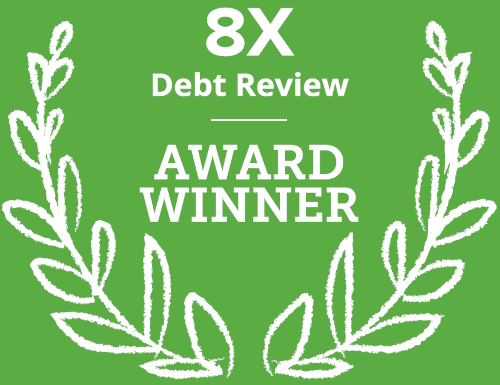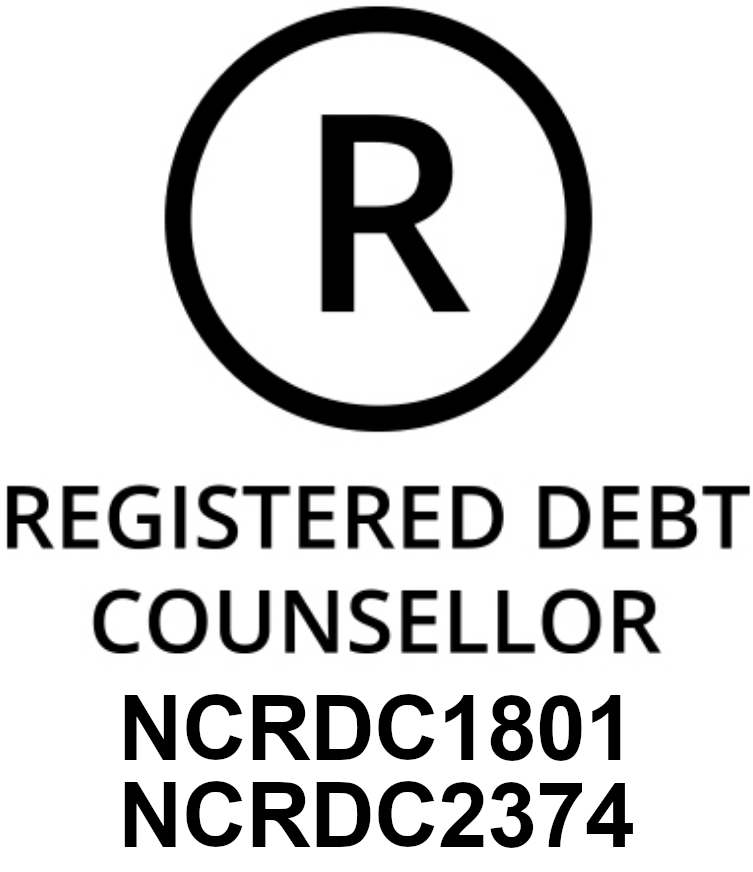Taking out a store card is easy. Shop assistants offer them on a regular basis, especially at point of sale. But with their high interest rates, are they really a good idea?
What are store cards?
Store cards offer you access to credit and they are offered at many of the major fashion retail outlets - such as Woolworths, Foschini, and Edgars, to name a few. They are usually offered to consumers at the point of sale.
Don’t confuse them with loyalty cards such as Clicks’ ClubCard and Pick ‘n Pay’s Smart Shopper cards, which reward you based on how much you spend.
They are effectively branded credit cards, which generally charge interest and fees and can only be used at that particular store or store chain.
How do store cards work?
Like credit cards, there are a variety of different store cards on offer. Some store card providers offer six month revolving plans which don’t charge you interest. However, some store cards allow you to pay off balances over nine, 12, 18 and 24 months and they do charge you interest.
Should I take out the insurance they offer?
Some stores, such as Edgars, say that credit life insurance is conditional in their brochures. A credit life policy will pay out in the event that you die, become permanently disabled or retrenched.
However, our advice is that you compare credit life policies from insurance companies first to find out if you can get a better deal. Store card life policies could charge you higher premiums and shopping around for a cheaper quote is always a good idea.
Be careful when you are filling out the store card application forms. In the United Kingdom there have been plenty of cases where this insurance has been miss-sold.
For example, borrowers didn’t know they were signing up for the product or it wasn’t suitable for them. If you open an account always check your statement to see that you aren’t being charged for something you didn’t sign up for.
Need debt counselling or consolidation?
Explore DebtBusters' solutions for reducing your interest rates and unlocking cash.
Find out moreWhat are the benefits?
Generally store accounts are easy to open and apply for and have a number of benefits such as discounts for movie tickets, selected restaurant deals, vouchers for your birthday and more. Some offer sign up deals to new customers.
However, it’s important to review the terms and conditions. For example, if you are offered a R500 voucher for signing up - it doesn’t necessarily give you R500 upfront. It could be given to you in the form of vouchers that are redeemable over a number of months.
This set up encourages shoppers to spend more and more regularly, which is more of a benefit for the store than for the consumer.
What are the downsides?
Store cards are generally more expensive than other lines of credit such as credit cards. The average store card charges between 18% and 24%. This pales in comparison to the cheapest credit cards offered by the major banks.
If you are going to take on credit, rather take on a credit card from a bank than a store card. It’s possible to gain from the benefits of owning a credit card while not being charged interest. We advise against using store cards to borrow money but if you are intent on taking out a store card, opt for the six month interest free card and make sure you pay your outstanding balance before the six month interest free period is up.
If you don’t, you could be charged more interest and your bills could stack up. Be disciplined about paying your store card off and you could enjoy the benefits without the charges.
This article was powered by moneybags





